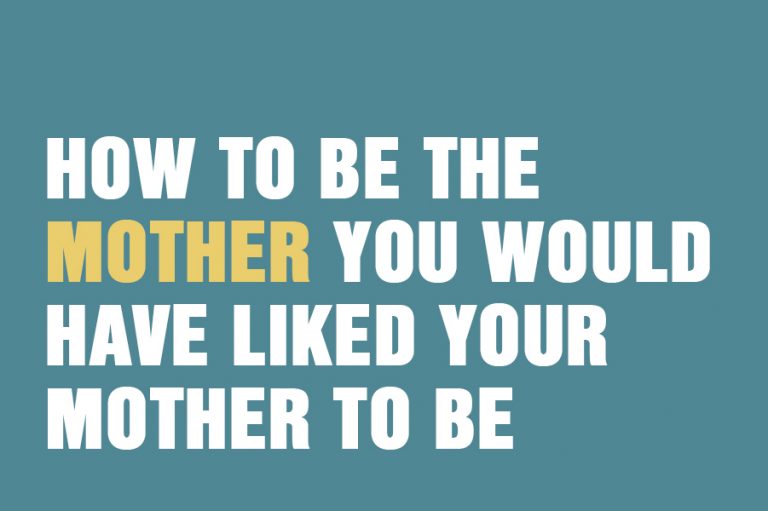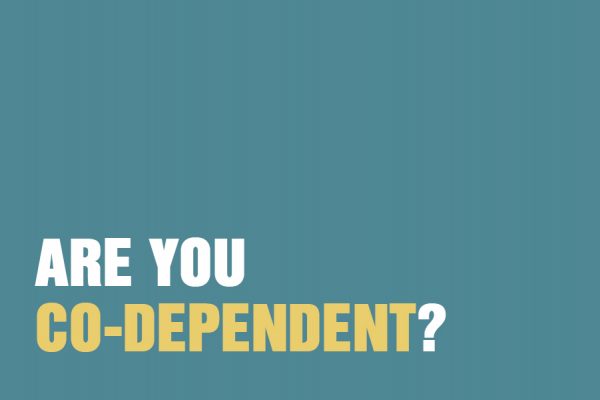June is Children’s Awareness Month, so it feels like a good time to think about motherhood and how to be the mother you most want to be to your children. Most often that will be the fantasy mother you would have liked yourself.
The way a child is cared for by their mother, or their primary carers, is the single most important thing in shaping the way they relate to other people. As adults we will either become anxious and dependent on others for assurance or we will be self-reliant and avoidant of looking to others for help. Or we might be a combination of both or somewhere in between the two, depending on how our mothers looked after us. As mothers ourselves we will decide either that we want to be exactly like our mothers or the total opposite. Or we might just vow not to repeat certain patterns that our mothers have set up.
All of which means that most of us have quite a clear idea of how we think we ‘should’ mother our children. We have an ideal in mind. We all also have a lot of ideas as to how society and those close to use think we ‘should’ be as mothers. This is a lot of ‘should’ and puts a great deal of expectation and pressure on us just at the time when we are dealing with massive changes, enormous pressure, and not very much sleep.
Having a baby, and becoming a mother is a big life event. And one in which all our ideas can be turned upside down because there are so many unknowns and so much uncertainty which can totally overwhelm. And those ideas we brought into it of how to be the perfect mother become very punishing if we hold on to them and try to live up to them.
While many of those ideas may be absolutely spot-on, many others may be completely unreasonable and unachievable. What’s more, there is also a lot of room for doubt and confusion in these ideas of how to mother our children. For example if you felt your mother was cool and distant you might decide you are going to be a warm and loving mother who is always there for her kids. And yet, the job of mothering will involve telling them no, making them wait for things, leaving them in the care of others, and there might also be times when you are so tired you feel you have nothing to give.
Perhaps it is no surprise then to learn that, according to World Health Organisation figures, about 10% of pregnant women and 13% of women who have just given birth experience a mental disorder. This is largely depression. And very often it is triggered by a feeling of having to live up to all these expectations, ones that come both from within and without, of how to be the perfect mother.
So the best first step in approaching the task of becoming a mother might be to ditch the idea of ‘perfect’. And to begin to be more forgiving and understanding towards yourself and know that you will definitely get things wrong sometimes, but that you can learn from this. And to trust that you will always be thinking about how can do your best for your children in any given moment.
If you are able to develop more realistic expectations of how to be as a mother, you release yourself from a massive amount of pressure — the totally unnecessary pressure we all, at times, put on ourselves to be perfect. This can lead to an emotional shift inside you. One that allows you to read the moment: “What does the baby need from me now and how can I best provide that?” Rather than, “What would the perfect mother do now?”
This is a much more forgiving, self-compassionate way of being and better for everybody — you, your child, and those aiming to support you.
Three Ways To Begin To Be The Mother You Felt You Needed
Being a parent is tough. Most of us feel like we could do a better job, but just resolving to be “the perfect parent” never helps and can set us up for a fall and make us feel we are constantly failing. So, here’s a step-by-step guide to be being a more intuitive parent able to respond to your children’s’ needs without necessarily compromising your own.
1. Make a commitment to yourself
You won’t be able to be the best parent you can be unless you are feeling good yourself. This is not selfish, it’s important. Take care of yourself: eat well, make sure you get as much sleep as you can, build in small breaks of time for just you. If you have a negative inner judging voice, take it on a little, talk back to it and inform it that you can’t take care of anyone properly if you are anxious and frazzled. You have to be able to be calm and centre yourself to be able to fully engage with your baby.
2. Get to know your children
Every single human baby is unique. And the task of bonding and giving your child the care it most needs is all about learning what makes them an individual so that they grow up feeling loved for who they are, however they are, rather than how they fit into the parenting plan or your ideas of how to be the perfect parent.
3. Only connect
Again this is very individual, but separation is inevitable. If you accept that separations will happen, how you reconnect when you are back together again becomes the most important thing. Develop your own rituals of being together and connecting – with hugs, or songs, or some kind of play — to make the separation more tolerable and the reconnection more meaningful. Remember, quality time is called that because it is about the quality not the quantity. And that quality is about connection and focus.
If you would like to talk to a qualified professional about any aspect of parenting or maternal mental health call 020 8673 4545 or email [email protected] and the Front of House team will book an appointment with one of our therapists. We have centres in Clapham and Tooting.







